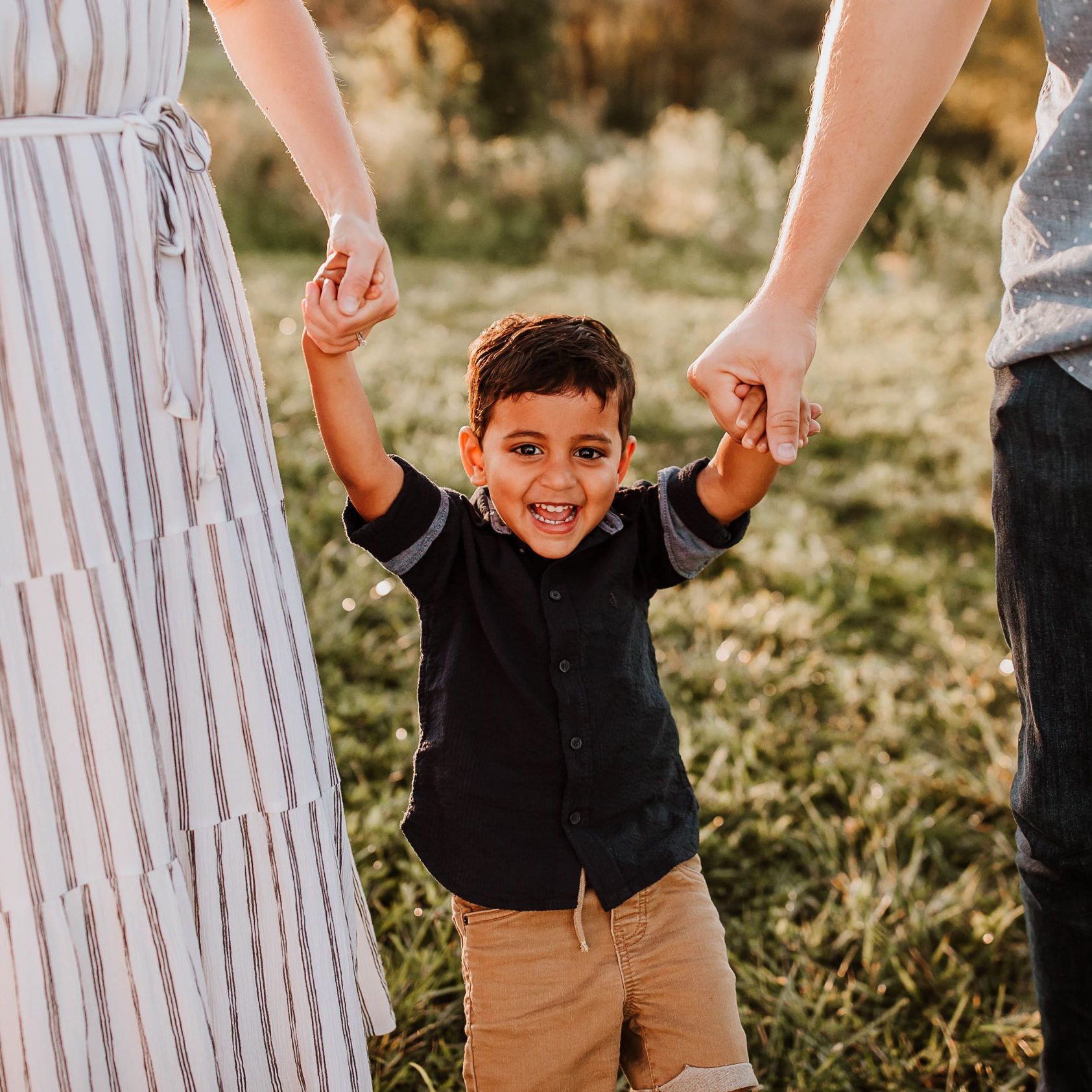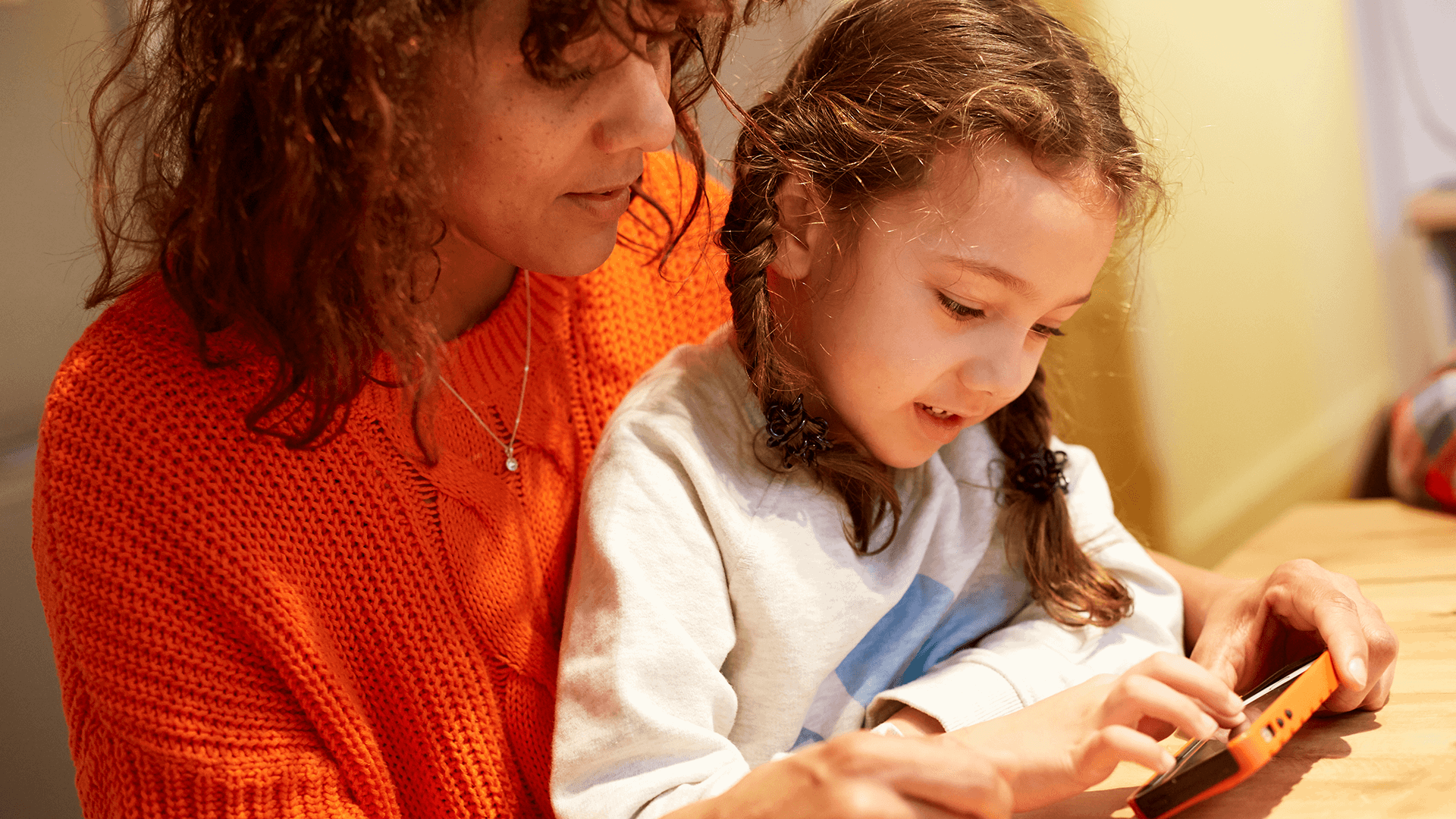What Does Moving From Foster Care to Adoption Involve?
Moving from foster care to adoption involves meeting legal requirements, emotionally preparing the child, adjusting to new family dynamics, undergoing parent training, working with social workers, building trust, considering financial aspects, and seeking post-adoption support. You’ll address fears, establish connections, embrace new roles, and strengthen bonds. It’s about preparing emotionally, financially, and practically for this significant life change. Take one step at a time, seek support, and prioritize the well-being of your growing family. Each aspect plays an essential role in ensuring a smooth and successful shift for you and your child.
Key Takeaways
- Transition planning and support from social workers.
- Completing adoption paperwork accurately and promptly.
- Court hearings to review adoption petitions.
- Building trust, attachment, and family support.
- Addressing emotional needs and potential trauma in children.
Legal Requirements for Adoption

When considering adoption after being in foster care, it’s important to understand the legal requirements you must meet. The adoption process involves fulfilling certain legal criteria to guarantee the well-being and stability of the child.
One of the primary legal requirements is completing all necessary adoption paperwork accurately and promptly. This paperwork typically includes background checks, financial disclosures, and personal references to assess your suitability as an adoptive parent.
Moreover, court hearings are an essential part of the adoption process. These hearings are conducted to review your adoption petition, evaluate your readiness to adopt, and make sure that the adoption is in the best interest of the child.
It’s essential to prepare thoroughly for these court hearings, as they play a significant role in finalizing the adoption. The court will consider various factors, such as your ability to provide a loving and stable home, before granting the adoption.
Understanding and meeting these legal requirements are crucial steps in moving from foster care to adoption. By adhering to these guidelines, you’re demonstrating your commitment to providing a secure and nurturing environment for the child.
Emotional Preparation for Children
Prepare emotionally for welcoming a child into your home by acknowledging and addressing any fears or uncertainties you may have about this change. It’s normal to feel overwhelmed or anxious, but remember that you aren’t alone. Seeking counseling support can help you navigate through these emotions and provide you with coping strategies. Additionally, connecting with other adoptive parents or forming peer connections can offer valuable insights and a sense of community.
Understanding that the change can be challenging for both you and the child is vital. Children coming from foster care may have experienced trauma or instability, which can impact their behavior and emotions. Being patient, empathetic, and creating a safe environment is key to helping them adjust.
Establishing New Family Dynamics

As you shift from foster care to adoption, establishing new family dynamics involves bonding with your new family and adjusting to different roles within the household.
Building strong connections with your adoptive family members is essential for creating a sense of belonging and security.
Embracing your new roles with an open heart and mind will help foster positive relationships and create a harmonious family environment.
Bonding With New Family
Adjusting to your new family dynamics after moving from foster care to adoption can be a challenging yet rewarding experience as you navigate the process of building trust, emotional connections, creating bonds, and integrating into your adoptive family.
It’s completely normal to feel a mix of emotions like excitement, anxiety, and uncertainty during this adjustment period. Remember, forming strong bonds takes time, patience, and open communication.
One key aspect of bonding with your new family is to engage in activities together. Whether it’s cooking a meal, playing a game, or simply having a conversation, these shared experiences can help strengthen the emotional connections between you and your adoptive family members.
Additionally, expressing your thoughts and feelings openly can foster a sense of trust and understanding within the family unit.
As you continue to navigate this journey, remember that it’s okay to seek support from your adoptive parents or a counselor if needed. They’re there to help you through this process of bonding and integrating into your new family.
Embrace this opportunity to form lasting connections and create a sense of belonging in your adoptive family.
Adjusting to New Roles
Adjusting to the establishment of new family dynamics can be a challenging yet rewarding process as you shift from foster care to adoption. Role adjustment is an important aspect of this change. As you become part of your adoptive family, finding your place within the family unit can take time. It’s normal to feel unsure or even overwhelmed at first, but remember that adapting to new roles is a gradual process.
Family integration is key during this period. Open communication with your new family members can help you understand expectations and boundaries while also allowing you to express your thoughts and feelings.
Embrace opportunities to participate in family activities and traditions, gradually building connections and forming bonds. Remember that it’s okay to seek support from your adoptive family or a counselor as you navigate these changes.
With patience, understanding, and willingness to adjust, you can establish new family dynamics that are fulfilling and enriching for everyone involved.
Adoptive Parent Training and Resources

As you move from foster care to adoption, it’s crucial to know about the required training programs and support services available to help you navigate this journey successfully.
These resources can provide valuable insights, guidance, and skills necessary for creating a nurturing and stable environment for your adopted child.
Required Training Programs
Consider enrolling in required training programs designed to equip you with the knowledge and resources necessary for your journey as an adoptive parent. These programs are invaluable for your education and preparation. Through these training sessions, you’ll gain insights into the unique challenges and joys of adoption, learn effective parenting techniques, and discover resources that can support you along the way.
Support groups are often an integral part of these training programs, providing you with a community of fellow adoptive parents who can offer guidance, empathy, and understanding. These groups can be a source of comfort and solidarity as you navigate the complexities of adoption.
Additionally, these training programs offer a wealth of resources ranging from informational materials to practical tools that can help you address various aspects of the adoption process. By actively engaging in these programs, you’re setting yourself up for a more informed and confident adoption journey.
Support Services Available
Explore the wealth of support services available to adoptive parents, including training programs and resources designed to empower and assist you on your adoption journey.
As you navigate this new chapter in your life, remember that you aren’t alone. Therapeutic counseling is available to help you and your adopted child adjust and thrive. These services can provide valuable support in managing any challenges that may arise during the adjustment period.
In addition to therapeutic counseling, there are educational resources tailored to meet the unique needs of adoptive families. These resources can equip you with the knowledge and skills necessary to understand and address the complexities of adoption.
Community support is also important, as connecting with other adoptive parents can offer a sense of belonging and understanding.
Furthermore, mental health services are readily accessible to make sure that both you and your child receive the care and support needed for emotional well-being. Remember, seeking help is a sign of strength, and these support services are here to assist you every step of the way.
Social Worker Involvement in Transition

Social workers play a significant role in facilitating the shift from foster care to adoption, offering valuable support and guidance to both the child and the prospective adoptive family. They provide supportive guidance and engage in case management, making sure that the change is as smooth as possible.
Social workers assist in transition planning, considering the child’s emotional needs and helping the family prepare for the changes ahead. Through their expertise, they offer emotional support to both the child and the adoptive family, helping them navigate the challenges that may arise during this significant life change.
Social workers work tirelessly to guarantee that the child’s well-being is prioritized and that the family feels supported throughout the process of change. Their involvement is essential in creating a safe and stable environment for the child to thrive and for the family to build a strong foundation for their future together.
Building Trust and Attachment
To establish a strong foundation for the child’s well-being and future development, focusing on building trust and attachment is essential during the shift from foster care to adoption. When moving from foster care to adoption, developing relationships and creating connections with the child are key aspects of the transformation process.
It’s imperative to understand that this period can be challenging for the child, as they may have experienced disruptions in attachments in the past.
During this time, show empathy and patience to help the child feel secure and cared for. Spend quality time together, engage in activities they enjoy, and actively listen to their thoughts and feelings. Consistency in your actions and words will aid in building trust.
Encourage open communication and reassure the child that you’re there to support them. By creating a nurturing environment and demonstrating reliability, you can help the child form healthy attachments and feel a sense of belonging in their new family.
Your dedication to fostering trust and attachment will lay a solid foundation for the child’s emotional well-being and future relationships.
Financial Considerations for Adoption

Understanding the financial aspects of adoption can be a crucial step in your journey towards expanding your family and providing a loving home for a child in need. Budgeting considerations are essential when planning for adoption. It’s important to factor in expenses such as agency fees, legal costs, home study fees, and travel expenses.
Additionally, consider the ongoing costs of raising a child, including healthcare, education, and everyday essentials.
To alleviate some of the financial burden, look into adoption grants and financial assistance programs. These resources can provide valuable support in covering adoption costs. Research available grants and assistance programs to see if you qualify for any financial aid.
Fundraising opportunities can also help offset adoption expenses. Consider hosting events, starting a crowdfunding campaign, or reaching out to friends and family for support. Many people are willing to contribute to help you bring a child into your home.
Continued Support Post-Adoption
After completing the adoption process, it’s essential to seek out continued support to navigate the challenges and joys of post-adoption life. Post-adoption counseling can provide invaluable assistance in addressing any emotional or behavioral issues that may arise for both you and your child. This form of support can help you better understand the unique dynamics of your new family structure and equip you with effective strategies for handling any difficulties that may come your way.
Continued education is also vital in ensuring that you’re equipped to meet the evolving needs of your child. This may involve attending workshops, seminars, or support groups tailored to adoptive families. By staying informed about relevant topics such as trauma-informed care, attachment, and parenting techniques specific to adoptive families, you can better support your child’s growth and development.
Frequently Asked Questions
Can Siblings in Foster Care Be Adopted Together?
Yes, siblings in foster care can be adopted together. The adoption process acknowledges the significance of preserving sibling dynamics. It guarantees they stay connected, offering a sense of continuity and emotional support during this significant life change.
What Happens if the Biological Parents Want Contact?
When the biological parents desire contact, it is crucial to establish clear boundaries and respect legal implications. Communication can play a vital role in maneuvering parental rights sensitively while prioritizing the child’s well-being and stability throughout the adoption process.
Are There Cultural Considerations in Adoption?
In adoption, cultural sensitivity is essential. Recognize and honor family traditions. Understand the importance of heritage. Embrace diversity and celebrate differences. Your openness and respect create a nurturing environment for your child’s cultural identity to flourish.
How Do You Handle Difficult Behaviors Post-Adoption?
Dealing with tough behaviors post-adoption can be challenging. Seek help through behavioral therapy to address these issues effectively. Setting clear boundaries is essential. Support groups and counseling can provide valuable guidance and emotional support.
Can Foster Children Maintain Relationships With Previous Caregivers?
Maintaining relationships with previous caregivers can be crucial for foster children. Support systems help navigate emotional challenges. Legal rights and family dynamics impact these relationships. Stay connected while embracing new beginnings for a balanced change.
Conclusion
As you navigate the shift from foster care to adoption, keep in mind that you aren’t alone. Legal requirements, emotional preparation, establishing new family dynamics, and ongoing support are all important aspects to take into account.
Seek out resources, lean on your social worker, and prioritize building trust and attachment with your child. Remember, there’s a community of support ready to help you every step of the way.
You’ve got this.

Hey there! 👋 I’m a proud mom and passionate writer, sharing my parenting journey. 📝 Join me as I navigate the ups and downs of motherhood, offering tips, advice, and a sprinkle of humor along the way. 🌟







